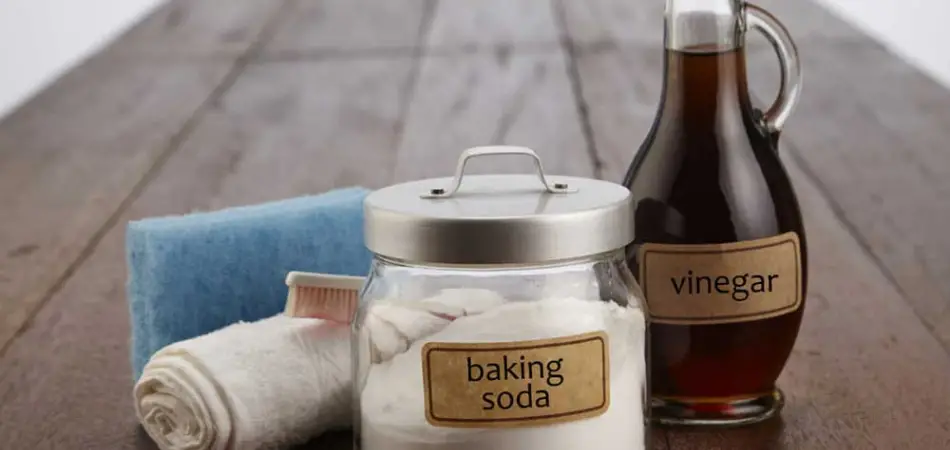Both vinegar and baking soda are inexpensive, everyday household products that make excellent cleaning agents for removing rust from metal. In addition, vinegar and baking soda combine to create a fizzy chemical reaction that helps loosen rust from surfaces. So, does vinegar and baking soda remove rust?
Yes, vinegar and baking soda can remove rust both individually and collectively. Baking soda and vinegar are all excellent household cleaning agents, but combining both of them into a mixture will give you a homemade rust remover that is more effective.
In addition, this article reveals all you need to know about rust, how rusting occurs, and the precautions to take when using vinegar and baking soda to remove rust.
Contents
Rust as a Corrosion Reaction
Rust is iron oxide in a simpler term. Rusting is a phenomenon that is described as a type of corrosion that mostly takes place in iron, metals that contain iron, or alloys of metals. The presence of water, moist air, or oxygen can trigger a reaction that can lead to corrosion on iron.
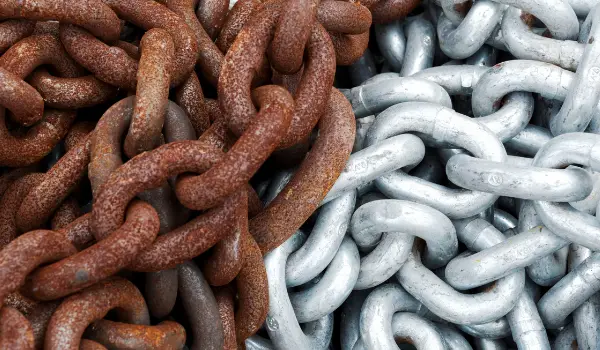
Chemically, this process involves the movement of molecules from iron to oxygen. This movement is what changes the composition of iron, transforming it into iron oxides. Iron corrosion is a recurring natural phenomenon that can easily be noticed in the immediate environment, because of the steady availability of oxygen in nature.
This corrosion reaction normally takes place gradually, but if it’s occurring in a medium where electrolytes are present, the rate at which the reaction will take place will increase, thereby making the metal or iron rust faster.
How Rusting Occur?
Corrosion of iron or metal alloys takes place where oxygen or moist air and water are present. When the required medium necessary for corrosion to start is available, oxygen will start reacting with the ferrous iron present in water, forming iron oxides which we usually see as rust.
At the early stage of the reaction, water breaks down the molecules of oxygen that quicken the reaction between the metal and oxygen; while iron loses its electrons, oxygen takes them.
While that happens, the ferric ions within the iron will start reacting with water to give hydroxide ferrous hydroxide, and hydrogen. The hydroxide further loses its water content, to allow the iron to produce more iron compounds that will make the metal continue the corrosion process.
How Does Vinegar and Baking Soda Remove Rust?
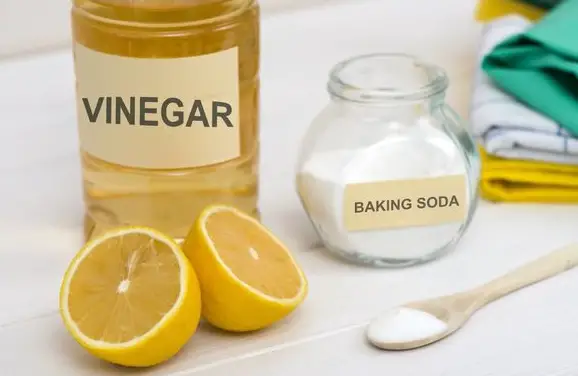
1. Vinegar
To Remove Rust from the Surface of a Household Item (Sink, Etc):
- Pour some vinegar on a scrub or soft fabric, then rub it on the spot or the areas where the rust is.
- Allow the vinegar to remain on the spot for about five to ten minutes, to enable it to act on the rust. Then clean the spot with enough cold water.
To Remove Rust from a Household Item (Spoon, Fork, Knife, Etc):
- Dip the affected item inside a white vinegar (diluted).
- Allow the item to soak in the vinegar for at least 30 minutes.
- Bring out the item from the vinegar, and rinse it with enough cold water.
2. Baking Soda
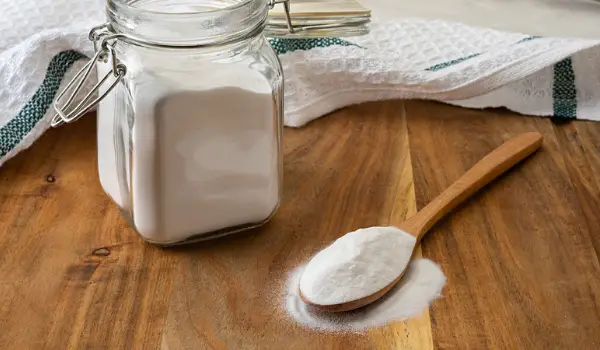
To Remove Rust from a Household Item:
- Mix equal amounts of baking soda and water until it turns into a thick paste.
- Use a soft brush or delicate scrub and rub it on the spot where the rust stain is.
- Brush and rub it consistently and slowly till the rust is wiped off completely.
- Wash and rinse the spot with clean water.
- Dry with a soft towel. You should see the rust on the towel after drying.
3. Baking Soda and Vinegar
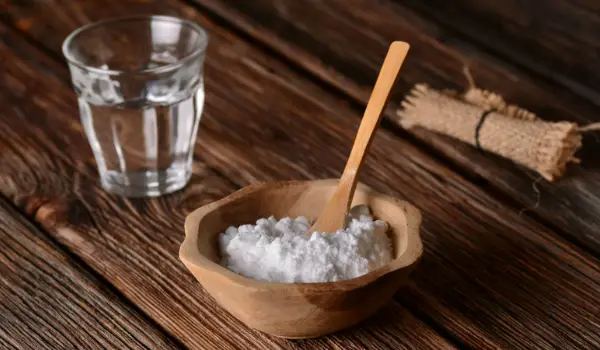
To Remove Rust from a Household Item:
- Mix equal amounts of vinegar and baking soda until it turns into a thick paste.
- Use a soft brush and rub it on the spot where the stain is.
- Brush it steadily until the rust is cleaned off completely.
- Rinse and clean the spot with clean water.
- Dry the spot with a towel, and make sure that there are no residues of the mixture on the item, to prevent the vinegar from attacking the metal.
Precautions to Take when Using a Mixture of Vinegar and Baking Soda to Remove Rust
Household chemicals like vinegar and baking soda used in removing rust from household items contain oxalic and phosphoric acid and can attack your skin when it comes in contact with it.
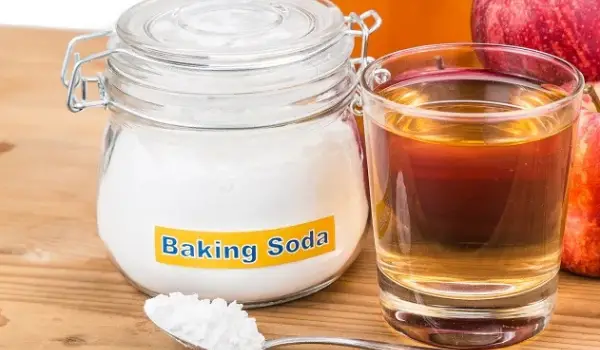
Listed below are some precautions to take to ensure that you’re safe while using these household chemicals:
- Bear in mind that most of these chemicals are quite expensive. So a little quantity of it is needed to be used on smaller household items.
- Make sure that you read the user manual before using it, to get the instructions on how to use the chemicals on different household items, because the usage of the chemicals differs from item to item.
- Make sure that you follow each guideline stated in the manual that comes with the item, to prevent home accidents and injuries.
- Remember that these chemicals are to be applied in advance, so be prepared to wait to allow it to act on the rust stains before cleaning.
Can Vinegar and Baking Soda Remove Rust Stain from a Fabric?
Yes, vinegar and baking soda can remove rust stains on a piece of fabric. Mix vinegar and baking soda until it turns to a paste, then rub it on the stain. Allow the mixture to act on the rust, then wash thoroughly, rinse and dry.
You can also use vinegar and washing detergent to remove rust stains on fabric by adding some teaspoons of vinegar and washing detergent to a bucket of water. Soak the fabric in it overnight, then rinse thoroughly and wash.
Conclusion
Vinegar and baking soda are among the strongest household chemicals that can remove rust stains. Mix both agents into a paste, rub and brush it on the spot to wipe off the stain, rinse thoroughly to remove residues, then dry.

